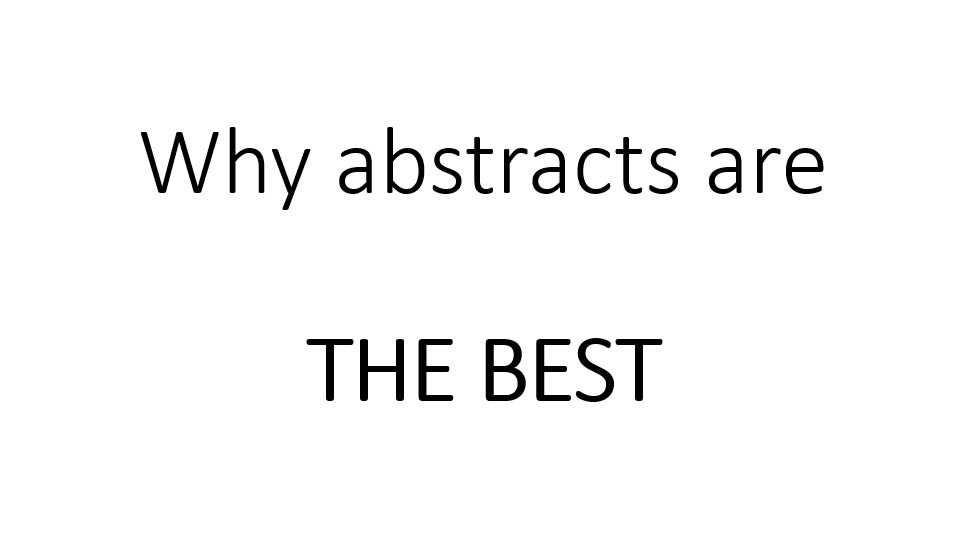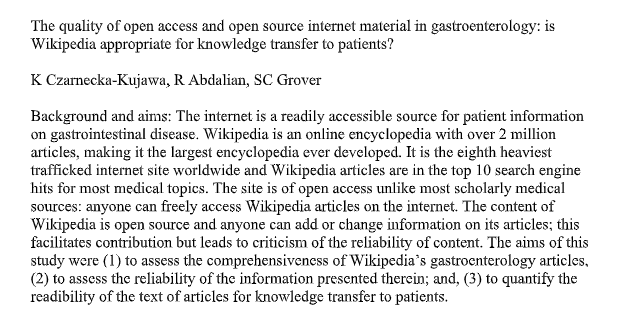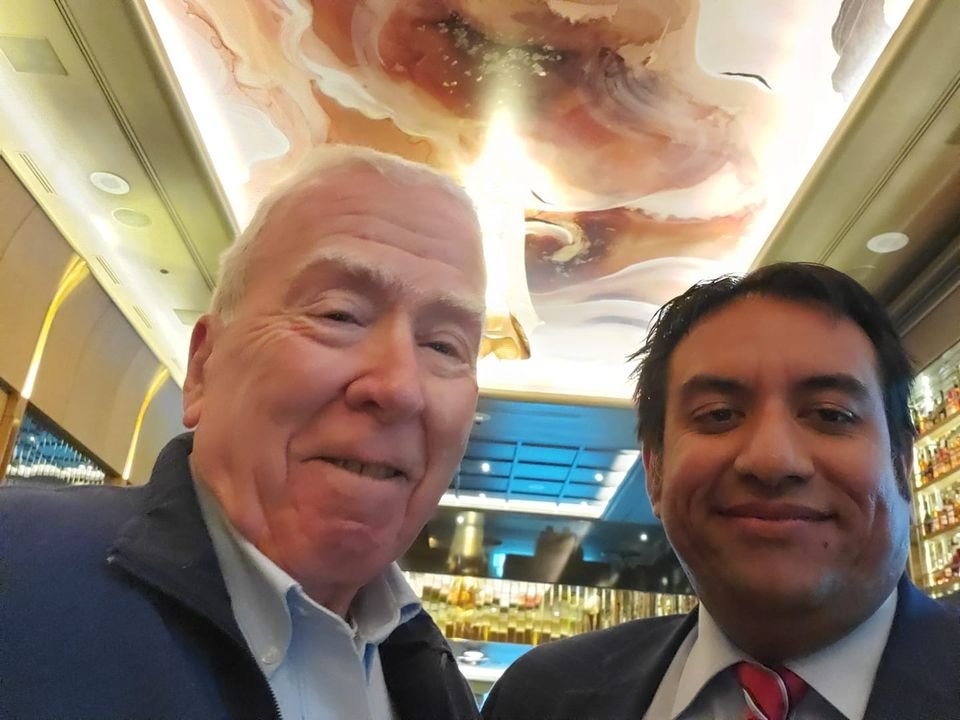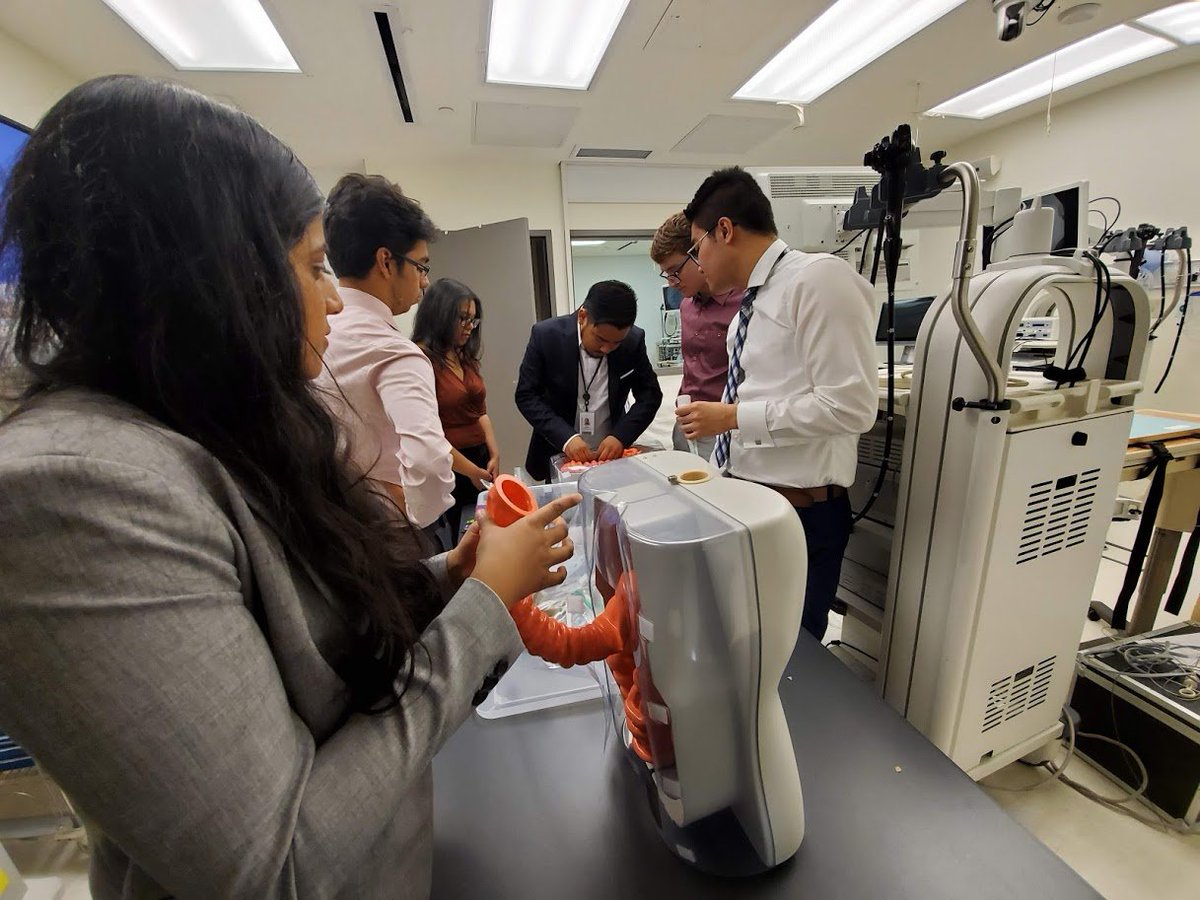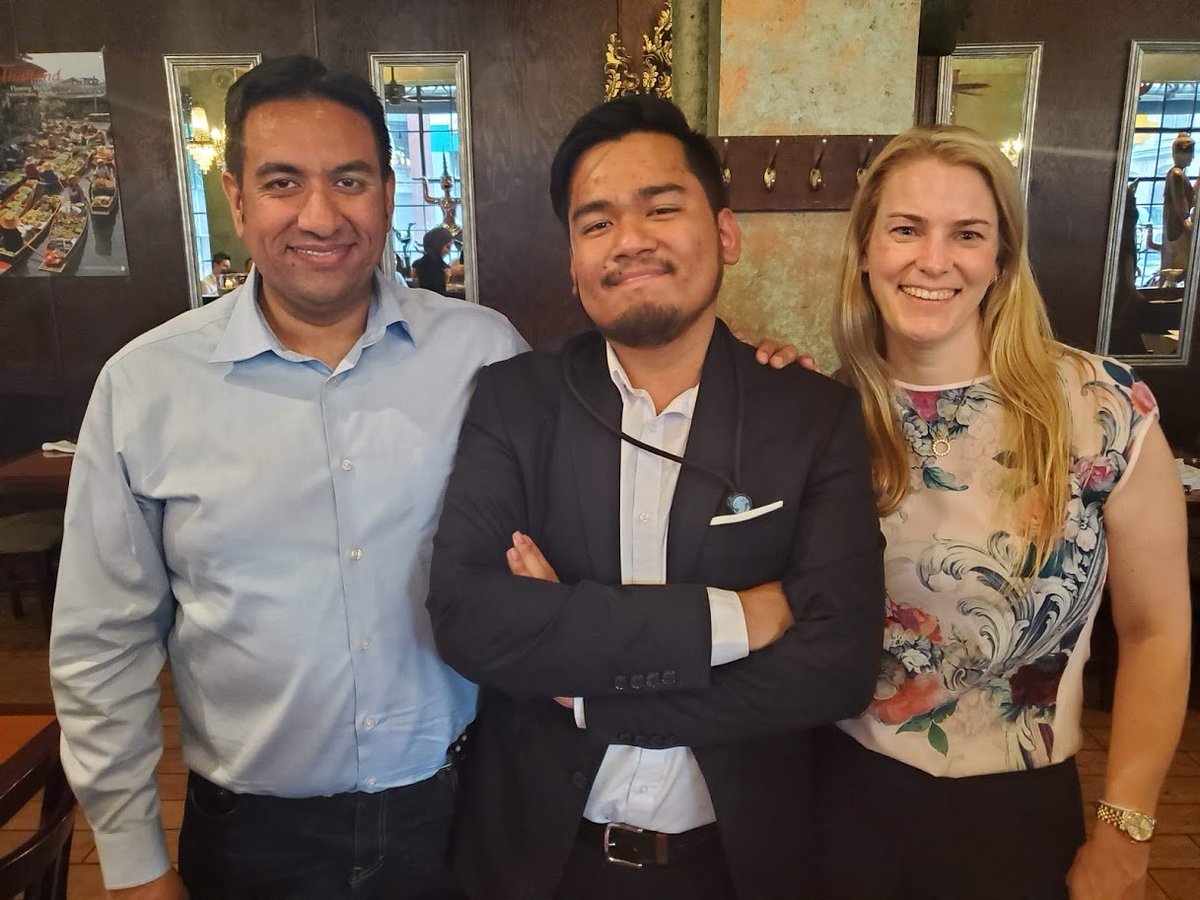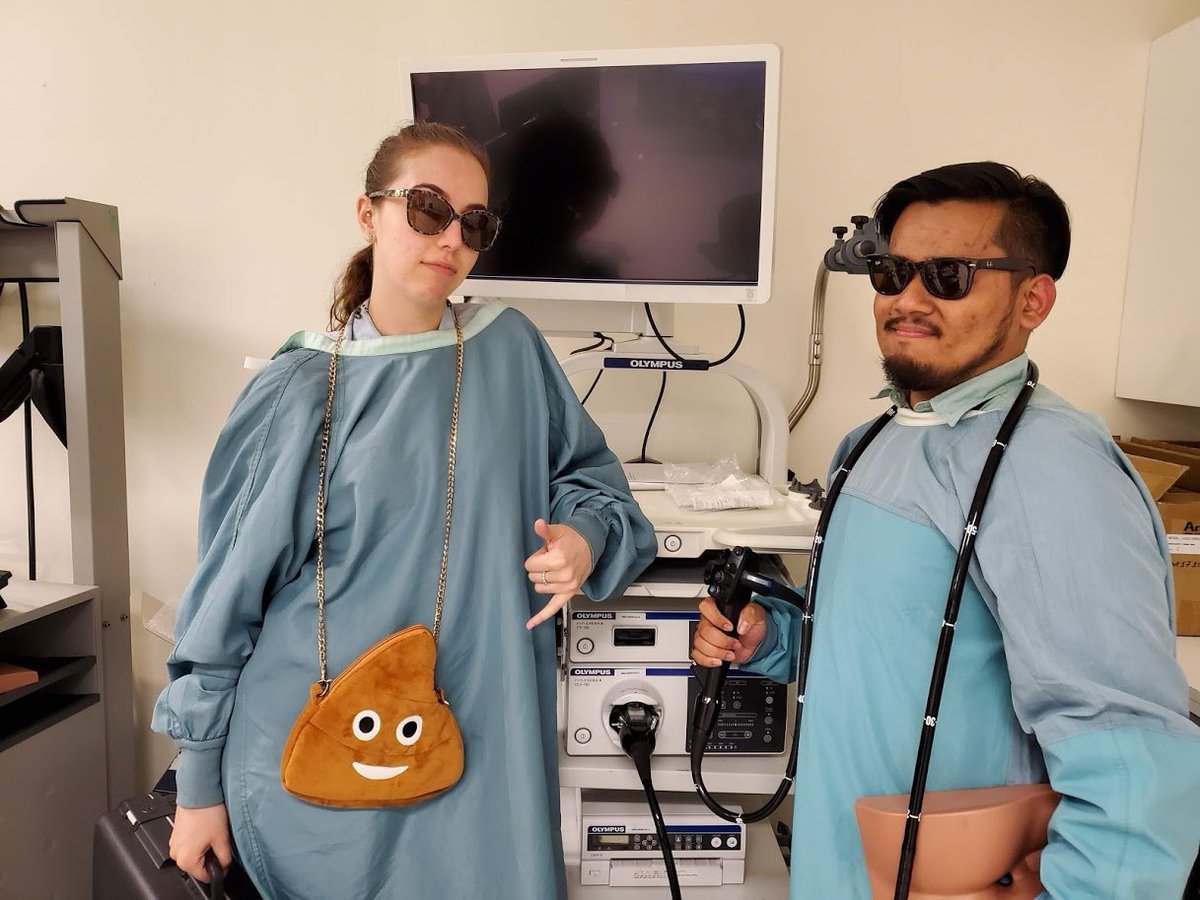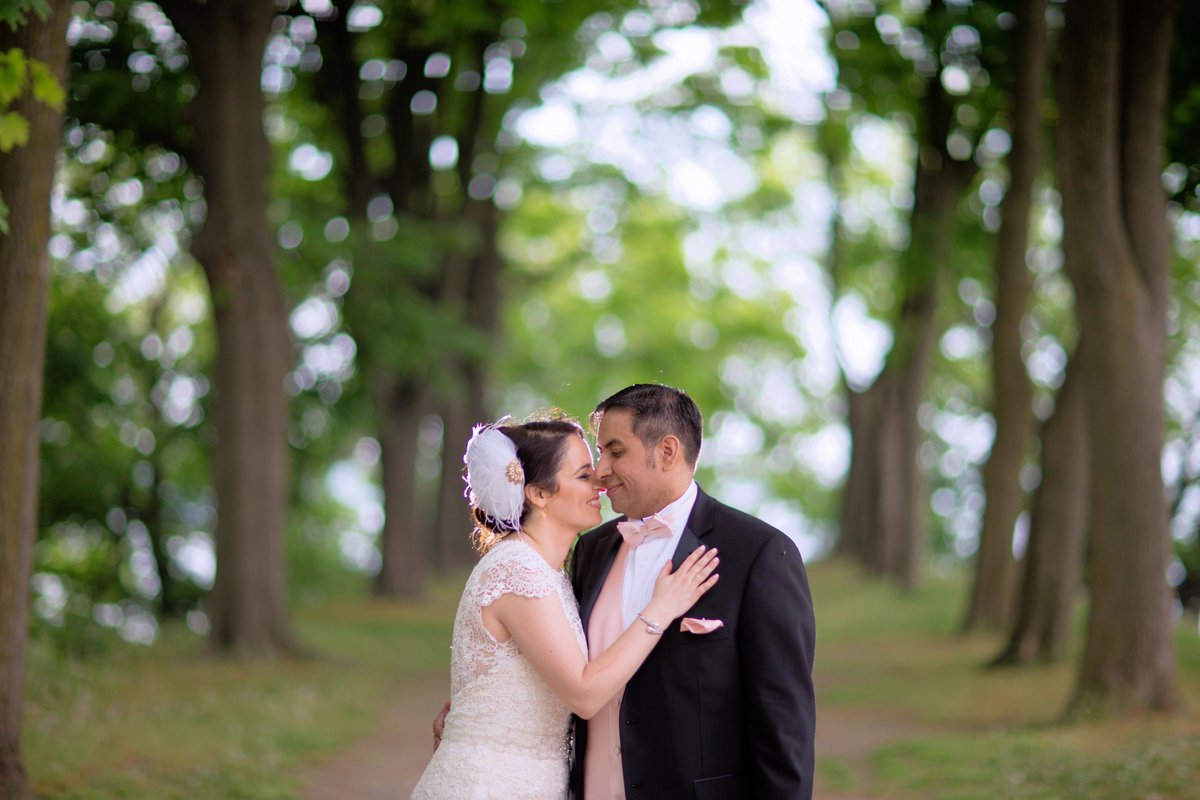My friend @BilalMohammadMD recently posted on how to convert abstracts into manuscripts. https://twitter.com/BilalMohammadMD/status/1316135691508736000?s=20
Many">https://twitter.com/BilalMoha... academics offered great advice and described the pitfalls of having an abstract-heavy CV.
This is a contrarian thread on why I think abstracts are THE BEST.
Many">https://twitter.com/BilalMoha... academics offered great advice and described the pitfalls of having an abstract-heavy CV.
This is a contrarian thread on why I think abstracts are THE BEST.
It& #39;s a bit butterfly effect-ish, but the general thesis is:
Don& #39;t be afraid to test ideas that don& #39;t end up amounting to much in the traditional academic sense.
What you gain out of it can be spectacular regardless.
Don& #39;t be afraid to test ideas that don& #39;t end up amounting to much in the traditional academic sense.
What you gain out of it can be spectacular regardless.
This is an abstract I presented at @DDWMeeting 2008 in San Diego when I was a clinical associate @UofT_GI_Head @uoftmedicine.
https://www.gastrojournal.org/article/S0016-5085(08)61518-8/abstract
It& #39;s">https://www.gastrojournal.org/article/S... a descriptive analysis of @Wikipedia @WikiProjectMed articles in GI. It went nowhere. We never published it.
https://www.gastrojournal.org/article/S0016-5085(08)61518-8/abstract
It& #39;s">https://www.gastrojournal.org/article/S... a descriptive analysis of @Wikipedia @WikiProjectMed articles in GI. It went nowhere. We never published it.
It got me interested in research in Wikipedia, which was was starting out. I thought it would be useful in #MedEd. But I had NO IDEA about research methods. My mentor Cliff Ottaway told me to quit the Master Teacher courses I was doing and do an MEd.
This is Cliff - he& #39;s dope.
This is Cliff - he& #39;s dope.
On the first day of my MEd I met a fellow student @CatharineMWalsh who #GITwitter interested in #MedEd will know has become a giant in endoscopic teaching, curriculum and assessment. Catharine approached me about starting a course in simulation for GI trainees @UofT_DoM.
We& #39;ve run 10 iterations of this 3-week course for entry trainees in endoscopy in Toronto, having trained 250 residents over 10 yrs. It& #39;s one of my favourite academic activities. From this I& #39;ve met dozens of amazing students, including Nikko seen in this pic.
And we& #39;ve written SO MANY ABSTRACTS to explore cool ideas that went "NOWHERE"
Here& #39;s an abstract on gamification of simulation training in colonoscopy https://academic.oup.com/jcag/article/2/Supplement_2/412/5381336
This">https://academic.oup.com/jcag/arti... is how we train at U of T now. The game is "Started from the Bottom" @Drake. Trainees love it.
Here& #39;s an abstract on gamification of simulation training in colonoscopy https://academic.oup.com/jcag/article/2/Supplement_2/412/5381336
This">https://academic.oup.com/jcag/arti... is how we train at U of T now. The game is "Started from the Bottom" @Drake. Trainees love it.
Back to that DDW Wikipedia abstract. Samy Azer built on our work and showed deficiencies that may limit the use of WP for med students. https://pubmed.ncbi.nlm.nih.gov/24276492/
https://pubmed.ncbi.nlm.nih.gov/24276492/... href="https://twitter.com/WikiDocJames">@WikiDocJames @jfdwolff and I tried to test this robustly. I met those great guys because of the Wikipedia abstract.
We tested Wikipedia vs. POC resources vs. textbooks to see which resource helped med students do better on the LMCC exam. @ZDoggMD picked this up for an episode of Incident Report (and mercilessly made fun of me, much to @MichaelScaffidi& #39;s amusement) https://www.youtube.com/watch?v=tQLESyzocjI">https://www.youtube.com/watch...
In 2013 Kalin Ovtcharov found me after presenting this abstract https://ieeexplore.ieee.org/abstract/document/6901124?section=abstract">https://ieeexplore.ieee.org/abstract/... looking to see if we could apply HDR to endoscopy.
Guess what - we did. https://drive.google.com/file/d/0BzbsSg8RwOl8N1oyYVBTWGFjSjg/view?usp=sharing">https://drive.google.com/file/d/0B...
Guess what - we did. https://drive.google.com/file/d/0BzbsSg8RwOl8N1oyYVBTWGFjSjg/view?usp=sharing">https://drive.google.com/file/d/0B...
We started a company with @ababut. And that didn& #39;t work out but I learned A LOT about startups and I met scores of amazing people.
Including Dr. Nora Ovtcharova, Kalin& #39;s sister, who was into medical wt loss
We started a metabolic clinic with @drjasonfung https://www.torontometabolicclinic.com/ ">https://www.torontometabolicclinic.com/">...
Including Dr. Nora Ovtcharova, Kalin& #39;s sister, who was into medical wt loss
We started a metabolic clinic with @drjasonfung https://www.torontometabolicclinic.com/ ">https://www.torontometabolicclinic.com/">...
And then there was this abstract we never finished. I met Paul Ritvo after he was running a focus group at @Sunnybrook, to pass along a USB stick with transcripts.
A resident he was meeting with @nadabachi needed a ride downtown, so I drove her and we got to know each other.
A resident he was meeting with @nadabachi needed a ride downtown, so I drove her and we got to know each other.
In summary:
1. Abstracts are a great way to try out ideas that are underdeveloped, and to get a forum to discuss them with others;
2. Abstracts can lead to MANY other opportunities (collaborations, meeting new colleagues, etc.)
3. Others can build on work that you do in abstract
1. Abstracts are a great way to try out ideas that are underdeveloped, and to get a forum to discuss them with others;
2. Abstracts can lead to MANY other opportunities (collaborations, meeting new colleagues, etc.)
3. Others can build on work that you do in abstract
form, even if it isn& #39;t something you want to do.
4. Sure, you will want to develop your best ideas into manuscripts, but even if you don& #39;t, there is a ton to gain from abstracts, even for those well into their careers!
(and enjoy the poster gallery at @AmCollegeGastro even more)
4. Sure, you will want to develop your best ideas into manuscripts, but even if you don& #39;t, there is a ton to gain from abstracts, even for those well into their careers!
(and enjoy the poster gallery at @AmCollegeGastro even more)

 Read on Twitter
Read on Twitter